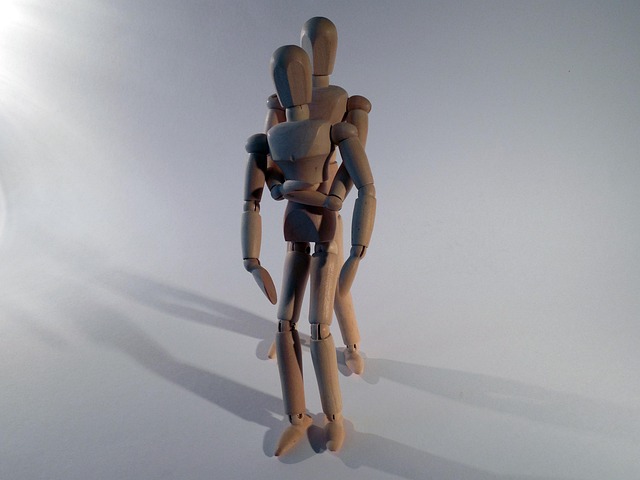The Science of Suffocation: Exploring Existentialism in Modern Philosophy
In the depths of our most profound reflections, we often encounter feelings that can be described as a form of suffocation. This notion extends beyond the physical, weaving its way into the realms of existentialism, where we question our existence, purpose, and the choices we make. The concept of suffocation serves as a powerful metaphor for the emotional and psychological weight that life can impose on us.
Modern philosophy, particularly through the lens of existentialism, illuminates the human condition’s inherent struggles. Thinkers like Jean-Paul Sartre, Simone de Beauvoir, and Albert Camus examined what it means to exist in a world devoid of predefined essence or purpose—where we are left to create meaning amidst the chaos. This journey can feel suffocating, as we grapple with the weight of our freedoms and the isolation that accompanies our search for identity.
The science behind suffocation, both literal and metaphorical, adds another intriguing layer to this exploration. Biologically, suffocation occurs when the body is deprived of oxygen, leading to a sense of panic and helplessness. Similarly, existential suffocation arises from societal expectations, unfulfilled aspirations, and an overwhelming sense of responsibility that can constrict our authentic selves. This collision of science and philosophy illustrates how deeply our biological make-up ties into our psychological experiences.
When we reflect on existentialism, we often encounter the juxtaposition of freedom and the weight of choice. Every decision we make can feel like a breath of fresh air or a tightening noose. Sartre’s concept of bad faith” encapsulates this struggle, as we may find ourselves living inauthentically, suffocated by the roles imposed upon us by society. The pressure to conform can be intense, often leading individuals to suppress their true selves, resulting in a palpable sense of existential suffocation.
This phenomenon is further exacerbated in modern society, where the relentless pace of life and the incessant barrage of information can leave us gasping for clarity. In a world where we are constantly connected yet profoundly alone, many grapple with feelings of isolation—a manifestation of the psychological suffocation that underlies modern existential thought. The rise of digital media has brought forth new dimensions of existential inquiry: Are we truly connecting, or merely existing in a state of simulated interaction?
Existentialists urge us to confront these suffocating experiences head-on. Embracing our absurd existence requires us to acknowledge the inherent chaos of life, leading to a liberating realization that while we cannot escape the pressures of existence, we can choose how to respond to them. This act of confronting our suffocation can be the catalyst for profound personal growth and self-discovery.
Engaging with the science of suffocation, both philosophically and experientially, opens a dialogue about mental well-being in our quest for authenticity. We’re encouraged to explore practices that can alleviate this existential pressure—mindfulness, creative expression, and deep interpersonal connections that foster genuine understanding and empathy. By addressing the suffocating feelings that arise in our daily lives, we pave the way for authenticity and a more profound understanding of our place in the world.
As we delve deeper into the complex interplay between science, modern philosophy, and the human experience, it becomes clear that suffocation is not just a physical state but a multifaceted emotional struggle. In recognizing and confronting these feelings, we embark on a journey towards greater self-awareness and resilience, allowing us to breathe more freely in the spaces we inhabit.




